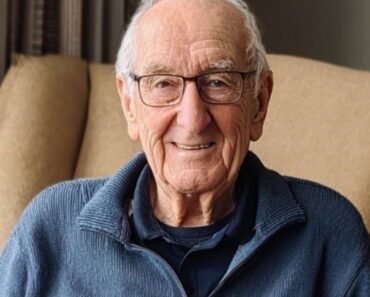“I’ve Been Silent Long Enough!” 

 Rajon Rondo Delivers Blistering Courtroom Statement—And What He Said Left His Legal Team Shaken! Nobody anticipated the storm that Rajon Rondo brought into the courtroom, least of all his own attorneys. With fists clenched and voice steady, he stared ahead and declared, “I’ve been silent long enough!” His message? Raw. His tone? Unapologetic. And while the judge tried to maintain order, one thing was crystal clear: this was no longer just a legal matter—it was personal justice, Rondo-style.
Rajon Rondo Delivers Blistering Courtroom Statement—And What He Said Left His Legal Team Shaken! Nobody anticipated the storm that Rajon Rondo brought into the courtroom, least of all his own attorneys. With fists clenched and voice steady, he stared ahead and declared, “I’ve been silent long enough!” His message? Raw. His tone? Unapologetic. And while the judge tried to maintain order, one thing was crystal clear: this was no longer just a legal matter—it was personal justice, Rondo-style.

In the dim light of a courtroom, where truth is supposed to reign supreme, Rajon Rondo stood alone.
The air was thick with tension, every breath a silent countdown to revelation.
For years, the world knew him as a fierce competitor on the basketball court, a maestro of the game.
But tonight, the hardwood was replaced by cold, unforgiving marble.
And the game was no longer about points or rebounds—it was about a truth so raw, it threatened to unravel everything.
Rajon Rondo’s voice cracked the silence like a thunderclap.
He wasn’t just speaking to the judge or the jury; he was speaking to the world, to the very soul of justice itself.
His words were a sledgehammer, smashing through the polished veneer of public perception.
Behind every slam dunk and clutch pass, there had been a storm brewing—a storm of injustice, betrayal, and courage.
He recounted moments that no highlight reel could capture.

The whispered insults, the hidden glances, the silent battles fought off the court.
Rajon Rondo was not just a player; he was a man pushed to the edge, forced to confront demons that lurked in the shadows of the sport he loved.
His confession was not a plea for sympathy—it was a declaration of war against hypocrisy.
The courtroom gasped as he revealed the shocking truth: a respected official, a man entrusted with fairness, had crossed a line so dark it defied belief.
The ref’s words were weapons, cutting deeper than any physical blow.
This was not just about a game; it was about dignity, identity, and the right to be who you are without fear.
Rajon Rondo’s courage to speak out was a beacon in a world too often blinded by silence.
But just when the story seemed to settle into a tragic narrative, a twist shattered the room like glass.
The ref, once a shadowy figure behind the scenes, stepped forward with a confession of his own.
He admitted to a lifetime of hiding, of pretending, of living a lie beneath the bright lights of the arena.

His apology was raw, unfiltered—a man stripped bare by the weight of his own secrets.
The courtroom became a crucible of human frailty and strength.
Two men, once adversaries, now stood united by a shared vulnerability.
Their confrontation was no longer about blame but about redemption.
It was a reminder that beneath the armor of public personas lie stories of pain and resilience.
Outside the courtroom, the world watched in stunned silence.
Social media exploded, debates ignited, and hearts were stirred.
Rajon Rondo had not just sent a message—he had ignited a movement.
A call to tear down the facades, to confront uncomfortable truths, and to embrace the messy, beautiful complexity of humanity.

This was no ordinary scandal.
It was a seismic shift, a Hollywood-worthy saga of fall and rise, darkness and light.
And at its center was a man who dared to be more than a player—a man who dared to be real.
Rajon Rondo did not just send a shocking message in court.
He sent a message to the world: that courage is louder than silence, and truth is the ultimate victory.





